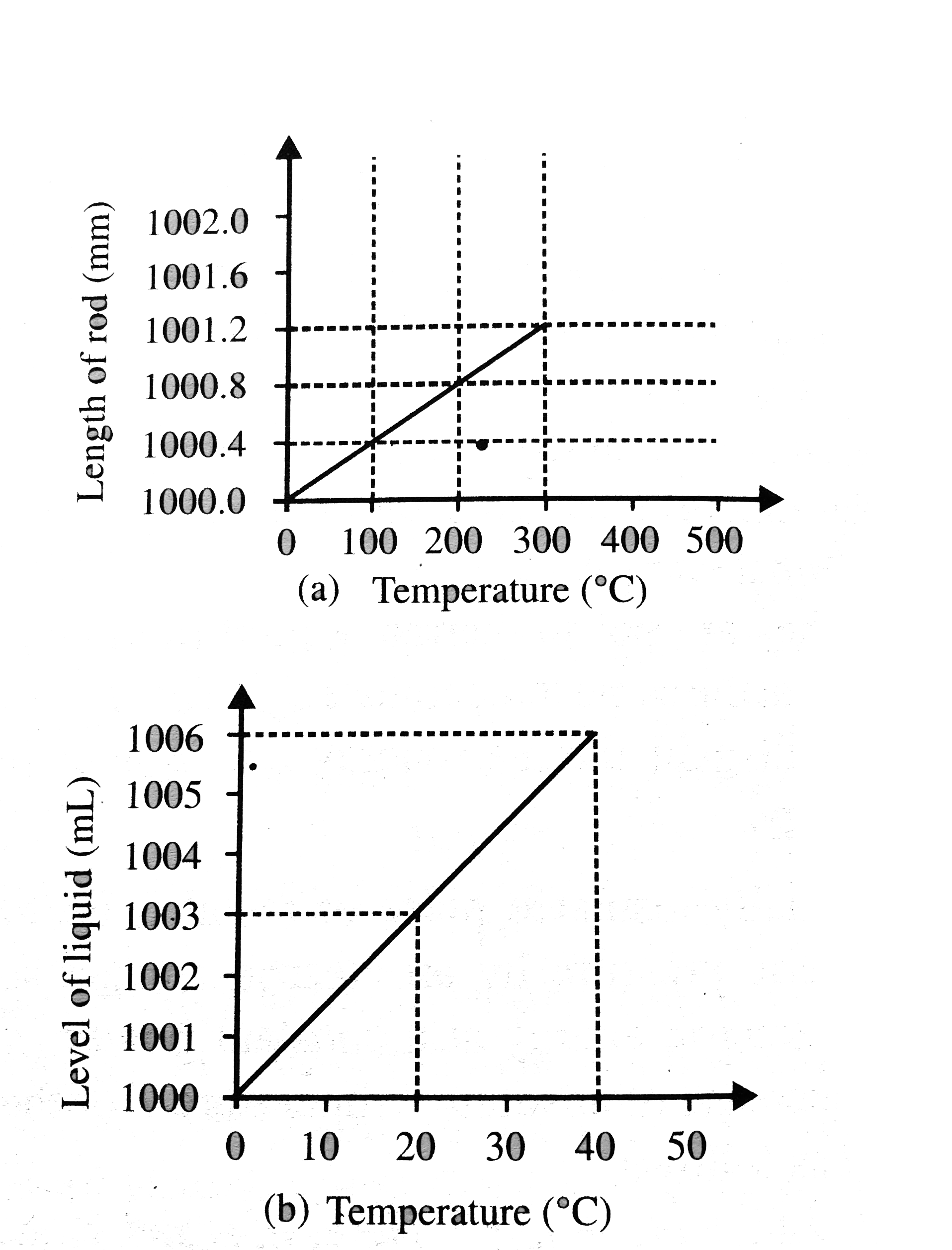As the temperature rises viscosity of liquids
Increases
Decreases
Remains same
Increases of decreases depending on the nature of liquid
To solve the question regarding the relationship between temperature and the viscosity of liquids, we can follow these steps:
1. Understanding Viscosity:
- Viscosity is defined as the measure of a fluid's resistance to flow. It indicates how thick or sticky a liquid is. Higher viscosity means a liquid flows less easily.
Hint: Remember that viscosity is related to how easily a liquid can flow.
2. Factors Affecting Viscosity:
- Viscosity is influenced by two main factors:
- Molecular interactions (attractions between molecules)
- Inter-particle collisions
Hint: Consider how molecular forces play a role in the behavior of liquids.
3. Effect of Temperature on Kinetic Energy:
- As temperature increases, the kinetic energy of the liquid molecules also increases. This means that the molecules move faster and have more energy.
Hint: Think about how heating a substance affects the motion of its particles.
4. Molecular Arrangement at Higher Temperatures:
- With increased kinetic energy, the molecules in the liquid start to move further apart from each other. This change in arrangement reduces the intermolecular attractions.
Hint: Visualize how heating a liquid might change the distance between its molecules.
5. Impact on Viscosity:
- As the intermolecular attractions decrease due to the increased distance between molecules, the resistance to flow (viscosity) also decreases. Therefore, the liquid becomes less viscous.
Hint: Consider how reduced attraction between molecules would affect their ability to flow past one another.
6. Conclusion:
- Thus, as the temperature rises, the viscosity of liquids decreases.
Hint: Summarize the relationship: higher temperature leads to lower viscosity.
Final Answer:
As the temperature rises, the viscosity of liquids decreases.
- Viscosity is defined as the measure of a fluid's resistance to flow. It indicates how thick or sticky a liquid is. Higher viscosity means a liquid flows less easily.
- Viscosity is influenced by two main factors:
- Molecular interactions (attractions between molecules)
- Inter-particle collisions
- As temperature increases, the kinetic energy of the liquid molecules also increases. This means that the molecules move faster and have more energy.
- With increased kinetic energy, the molecules in the liquid start to move further apart from each other. This change in arrangement reduces the intermolecular attractions.
- As the intermolecular attractions decrease due to the increased distance between molecules, the resistance to flow (viscosity) also decreases. Therefore, the liquid becomes less viscous.
- Thus, as the temperature rises, the viscosity of liquids decreases.
As the temperature rises, the viscosity of liquids decreases.
Topper's Solved these Questions
- STATES OF MATTERBOOK - AAKASH INSTITUTE ENGLISHCHAPTER - STATES OF MATTEREXERCISE - TRY YOURSELF
34 Videos
- STATES OF MATTERBOOK - AAKASH INSTITUTE ENGLISHCHAPTER - STATES OF MATTEREXERCISE - ASSIGNMENT (SECTION-A)
50 Videos
- STATES OF MATTERBOOK - AAKASH INSTITUTE ENGLISHCHAPTER - STATES OF MATTEREXERCISE - ASSIGNMENT (SECTION-D)
14 Videos
- SOME BASIC CONCEPTS OF CHEMISTRY BOOK - AAKASH INSTITUTE ENGLISHCHAPTER - SOME BASIC CONCEPTS OF CHEMISTRY EXERCISE - ASSIGNMENT SECTION J (Aakash Challenges Questions)
10 Videos
- STRUCTURE OF ATOMBOOK - AAKASH INSTITUTE ENGLISHCHAPTER - STRUCTURE OF ATOMEXERCISE - ASSIGNMENT (SECTION -D) Assertion-Reason Type Questions
15 Videos
Similar Questions
What is the effect of temperature on the viscosity of a liquid?
View SolutionAssertion : The viscosity of liquid increases rapidly with rise of temperature.
Reason : Viscosity of a liquid is the property of the liquid by virtue of which it opposes the relative motion amongst its different layers.
View Solution
Knowledge Check
With rise in temperature, viscosity of a liquid
AincreasesBdecreasesCremains constantDmay increase or decreaseWhen the temperature is raised, viscosity o the liquid decreases. This is because
Avolume of the solution decreasesBincrease in temperature increases the average kinetiic energy of the molecules which overcomes the attractive forces between themCcovalent and hydrogen bond forces decreasesDattraction between the molecule increases.With increase in temperature the viscosity of
Aliquids increases and of gases decreasesBliquids decreases and gases increasesCboth liquids and gases increasesDboth liquids and gases decreases
When 20 mL of a strong acid is mixed to 20 mL of strong alkali, the temperature rises by 10°C. What would be the temperature rise if 200 mL of each liquid are mixed?
View SolutionWith increase in temperature the viscosity of
View Solution
The graph of elongation of rod of a substance A with temperature rise is shown if Fig. A liquid B contained in a cylindrical cessel made up of substance A, graduated in millilitres at 0∘C is heated gradually. The readings of the liquid level in the vessel corresponding to different temperatures are shown in the figure. the real volume expansivity of liquid is
View Solution
The graph of elongation of rod of a substance A with temperature rise is shown if Fig. A liquid B contained in a cylindrical cessel made up of substance A, graduated in millilitres at 0∘C is heated gradually. The readings of the liquid level in the vessel corresponding to different temperatures are shown in the figure. the real volume expansivity of liquid is
View SolutionAssertion : Viscosity of liquids decreases as the temperature rises .
Reason : At high temperature , molecules have high kinetic energy and can overcome the intermolecular forces to flow faster .
View Solution
